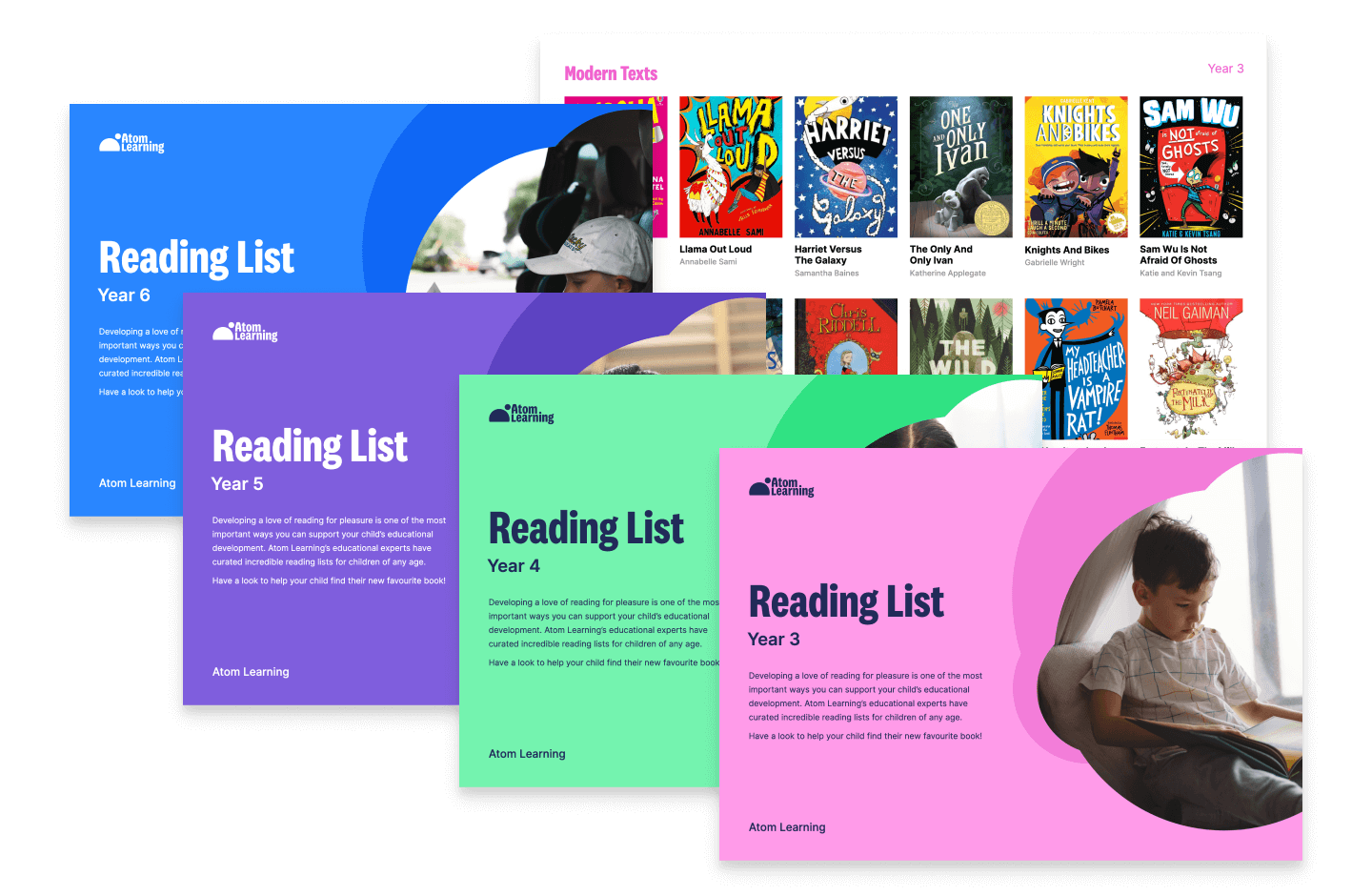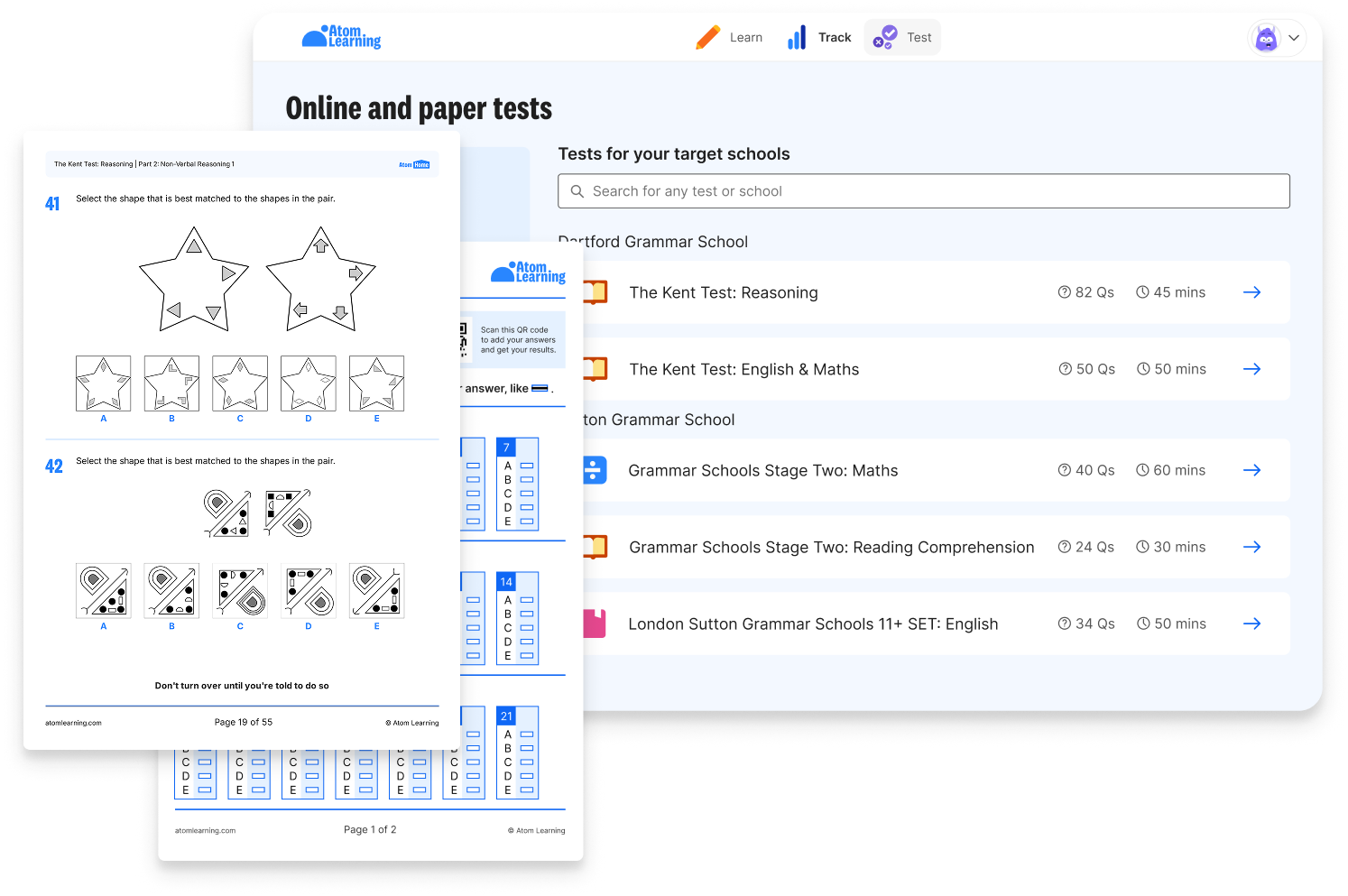Taking the 11 plus as a bilingual learner can be difficult and may feel impossible. But, we’re happy to say, it’s not. Each year, many students whose first language isn’t English take the 11+ exam and get places at their target schools. With the right preparation, your child can too.
One of the biggest challenges bilingual learners face is understanding the questions. The 11 plus isn’t just about knowing or remembering an answer—it’s about knowing what the question is asking and being able to answer confidently. They need to understand the words, sentence structure and small differences that could change the meaning of a question. This might take more time to learn than native English speakers but with regular practice, it’ll get easier.
Being bilingual also has its advantages. Often, bilingual children can have strong problem-solving and critical-thinking skills. They’re also good at noticing different language patterns. By building on these abilities, your child can turn being bilingual into a strength rather than a hurdle when taking the 11+ exam.
Here are 5 ways your child can build their language skills.
5 ways to build your child’s language skills
1. Focus on vocabulary
Vocabulary is an important part of any language-learning journey. It helps to build understanding and fluency. When your child takes the 11 plus exam, they won’t just be tested on what words mean but also on how they understand texts, their writing skills, their ability to solve problems and more.
Having a larger vocabulary will help your child feel more confident on exam day, especially if they’ve learnt words that will appear on the exam. For example, a question might ask them what an antonym or a synonym is. If your child doesn’t know these words, they’ll lose out on getting marks. That’s why including exam vocabulary is vital.
If possible, it’s good to learn at least 5-10 new words a week. These can be everyday words or ones you might find on the 11 plus—you can use past papers as a reference. Using flashcards is a fantastic way to learn words and revise. There are plenty of apps, such as Quizlet that allow you to create your own digital flashcards, or you can use paper ones. Doing little and often alongside consistent repetition is one of the best ways to revise.
2. Understanding context
Once your child has started to build their vocabulary, the next step is context. This means knowing how words fit into sentences and how their meanings can change in different situations. Bilingual learners need to know how words are used and function in real-life examples.
When your child has a good bank of vocabulary words, start to put them into sentences. Get them to write five sentences using a specific word or phrase. Look at examples and 11+ papers and get your child to find the word in a sentence. This will help them get used to seeing words in context and how words can change depending on a sentence.
Context also helps with misunderstandings. Many English words look or sound the same but mean different things. Take ‘there, their, and they’re’ as an example - all these words sound the same but have different meanings depending on the context.
- There is for a location or place
- Their is a possessive pronoun
- They’re is a contraction of ‘they are’
If you’re new to English, this can be confusing. But, learning words in context makes them easier to remember and use correctly.
3. Read widely
Reading helps to put vocabulary and contextual learning together. It allows your child to build upon these skills while practising their comprehension skills. It helps bilingual learners become familiar with English expressions, sentence structure and cultural details.
By reading often, your child will be able to find new words and practice what they already know. It’s a great way to test if they know what a piece of text means. They need to understand what they’re reading, not just read the words. Regular reading will improve their ability to study passages and understand complex ideas.
Reading is also a chance to compare English with your child’s first language. Are sentences structured the same? Are there any words spelt the same? If so, do they mean the same thing? These words can either be helpful or confusing as your child may forget the English definition. It’s important to pick up on them early on and work on them if your child is struggling.




.avif)
